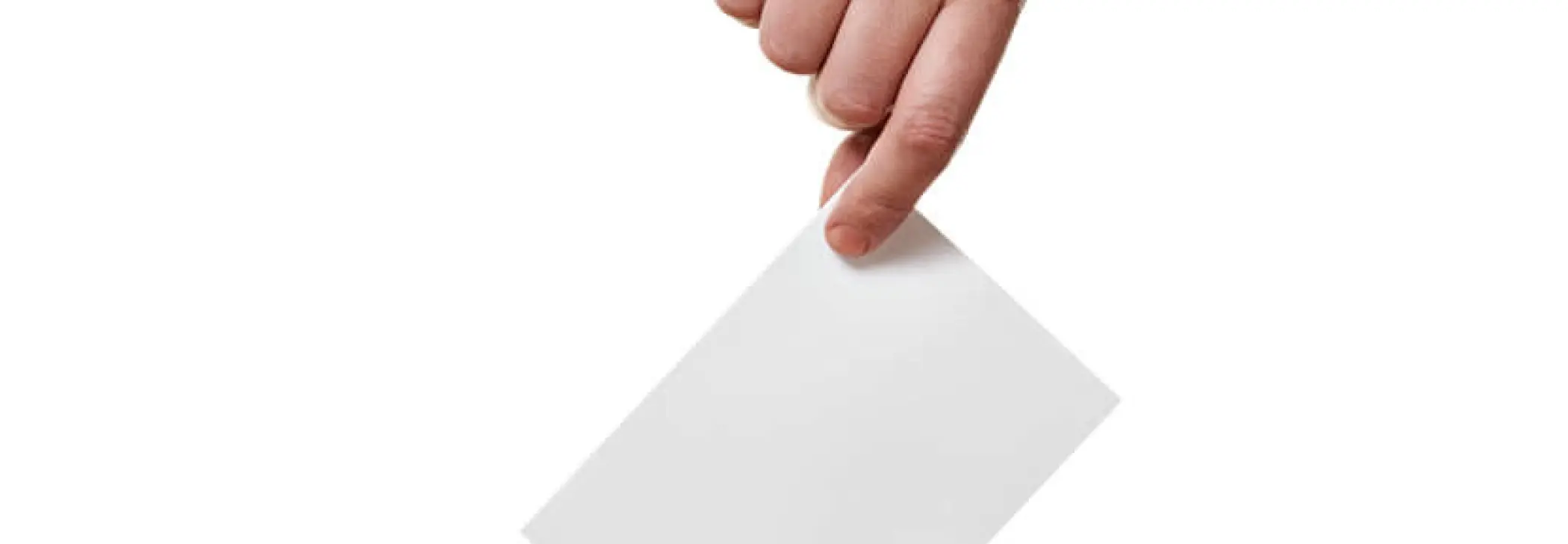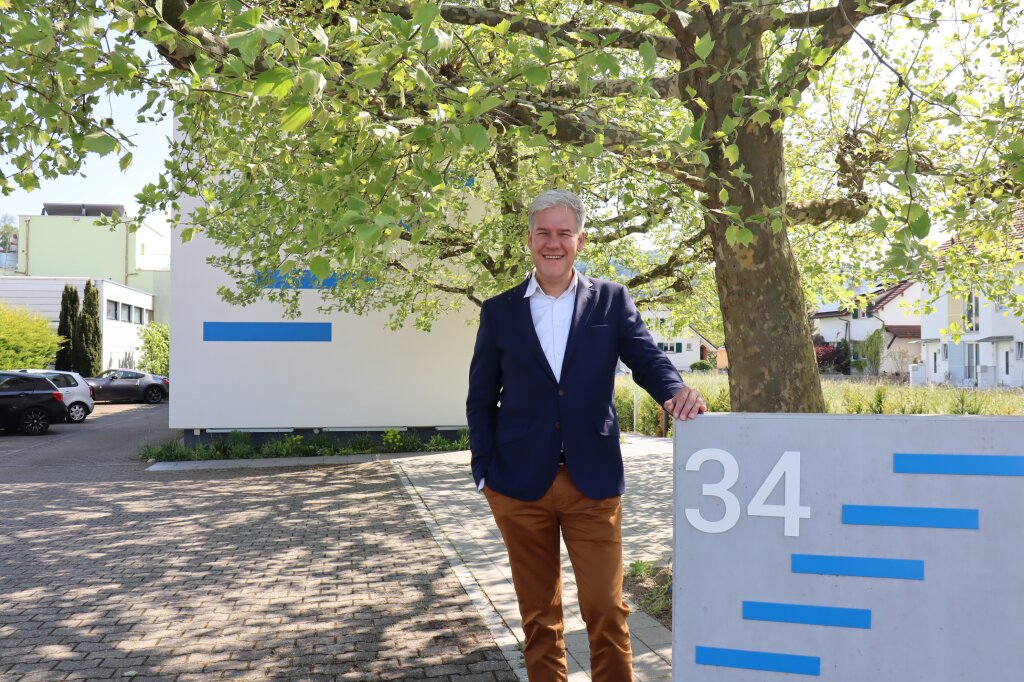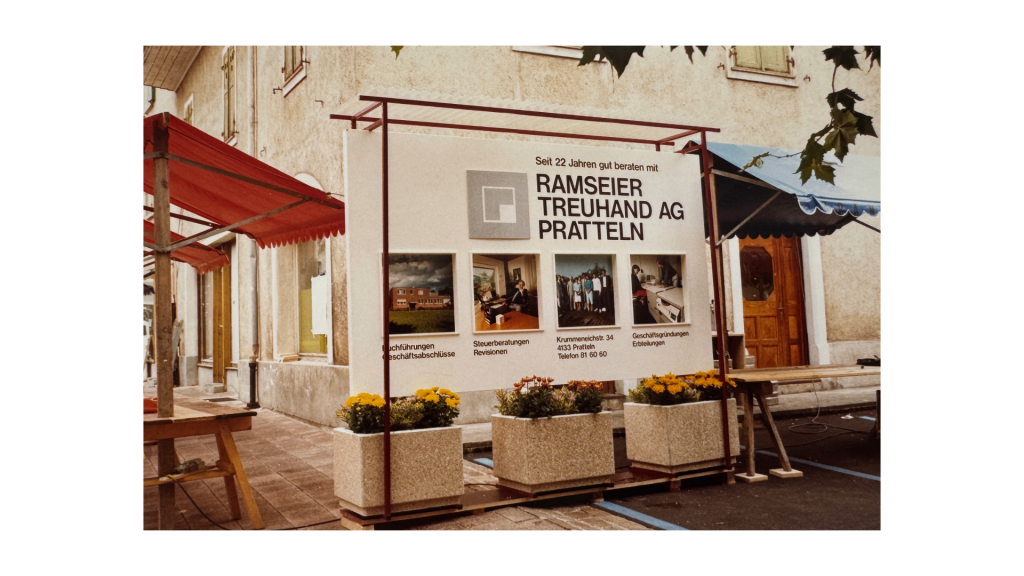Tax proposal 17 - Baselland faces important vote
Following the successful vote at federal level, the implementation of Tax Proposal 17 in the Basel region is intended to create the tax framework conditions needed to survive in intercantonal competition.
Following the failure of the first federal bill on corporate taxation on February 12, 2017, the cantonal bill that had already been drafted had to be withdrawn. The current legislative project is now based on the new federal law on tax reform and AHV financing, which was approved by voters on May 19. Approval was also clear in the Basel region, with 68% of votes in favor
Various cantons have already transposed the requirements into cantonal law. Basel-Stadt has taken on a pioneering role in this regard and already held a corresponding referendum on February 10, 2019, which, among other things, provides for a massive reduction in income tax rates.
To implement the reform of corporate taxation in the canton of Basel-Landschaft, the cantonal government has submitted "Tax Proposal 17" (SV17) to the cantonal parliament. This bill also provides for social equalization. The cantonal council decided to increase the childcare deduction and more money for premium reductions. The bill was adopted, but did not achieve a 2/3 majority, which is why it will now be put to the ballot box on November 24, 2019.
THE REFORM BILL AT A GLANCE
The cantons have very different economic and tax structures. For this reason, the federal government has made various instruments available in the AHV tax proposal. The cantons can select the measures that are suitable for them and use these to develop a customized proposal. The canton of Basel-Landschaft intends to implement tax proposal 17 as follows:
MEASURES CORPORATE TAXATION
Cancellation of tax status
The current privileged taxation of status companies, which is no longer an internationally accepted tax instrument, has been abolished by the federal bill. In future, all companies will be taxed at the same rates. This is mandatory for the cantons.
Reduction of the profit tax rate
The ordinary effective profit tax rate in the canton of Basel-Landschaft is currently up to a maximum of 20.7 percent. In contrast, status companies only pay 10 to 11 percent. If status companies were to be abolished without replacement and without any catch-up measures, this would lead to a doubling of profit tax for these companies. In order to avoid this massive tax increase, the ordinary profit tax rate is set at an effective 13.45%. This tax reduction will therefore also benefit all companies that were previously subject to ordinary taxation. The reduction will be implemented in stages over five years (2020 to 2024).
Reduction of the capital tax rate
Status companies also currently pay a reduced tax rate of a maximum of 1.025 per thousand for capital tax, while companies subject to ordinary taxation pay up to 3.8 per thousand. Based on the same considerations as for profit tax, the ordinary capital tax rate will therefore be reduced to a maximum of 1.55 per thousand (canton and municipality combined) for all companies.
Assessment of capital tax
In addition to the reduction in the capital tax rate, the calculation of taxable equity will be adjusted: Participations, group loans and patents will only be taken into account at 80 percent. This will reduce the amount for which capital tax must be paid. With the reduction in capital tax and these adjustments, the capital tax burden remains at a moderate level.
Introduction of municipal tax rate
Municipal profit and capital tax rates are currently set as a percentage of taxable profit or capital. This will be changed. In future, the tax rate will be calculated in the form of a municipal tax rate. Each municipality will determine what percentage of the cantonal profit and capital tax the company must pay. This applies the same principle as for natural persons. The tax rate is limited to 55% of the cantonal tax. However, the system will not be changed until 2023.
Introduction of a patent box
Income generated by a company with patented products (e.g. medicines) is reported separately - i.e. put in a box, so to speak - and taxed at a lower rate. This is permissible if the research expenditure on which the patent is based was primarily incurred in Switzerland. This instrument therefore strengthens research and development activities in Switzerland. The patent box is an internationally recognized tax instrument and has been introduced by at least 15 industrialized countries. The federal bill makes this measure mandatory. The proposal makes full use of the permissible relief of 90%.
Deduction for research and development
As a further incentive for research and development, an additional 20 percent of research and development expenditure may be deducted from taxable profit (limit of 50 percent according to STAF).
Introduction of a discharge limit
The newly introduced deductions can result in corporate taxes being too low or no taxes having to be paid at all for a company that can apply all of these deductions. This effect is undesirable. For this reason, a so-called relief limit of 50 percent has been introduced. This stipulates that at least 50 percent of profits must be fully taxed.
Disclosure of hidden reserves on change of status
In order to mitigate the transition of existing status companies between the old and new regime, rules for the disclosure and limited privileged taxation of existing hidden reserves will be introduced in accordance with mandatory federal requirements.
MEASURES FOR NATURAL PERSONS
Increase in childcare deduction
A deduction of CHF 5,500 can currently be claimed in the tax return for third-party childcare. This deduction will be increased to CHF 10,000. This will reduce the tax burden on families by CHF 2.3 million.
Increase in contributions to premium reduction
The amount of the premium reduction for health insurance premiums is based on the reference premium. This is to be adjusted upwards in line with the higher premiums. In addition, the minimum entitlement for children is to be increased. Overall, the amount of premium reductions will thus be increased by CHF 17.4 million per year.
Increase in partial taxation of dividends
Anyone who holds at least 10% of a company's shares will be taxed at a reduced rate on their dividend income. This is intended to prevent an entrepreneur from having to pay tax on the same profit twice, once as company profit and once as income. As tax on profits will be reduced under tax proposal 17, this partial taxation will be adjusted. In future, 60% of this dividend income will be taxed. Today, they are taxed at 50 percent.





